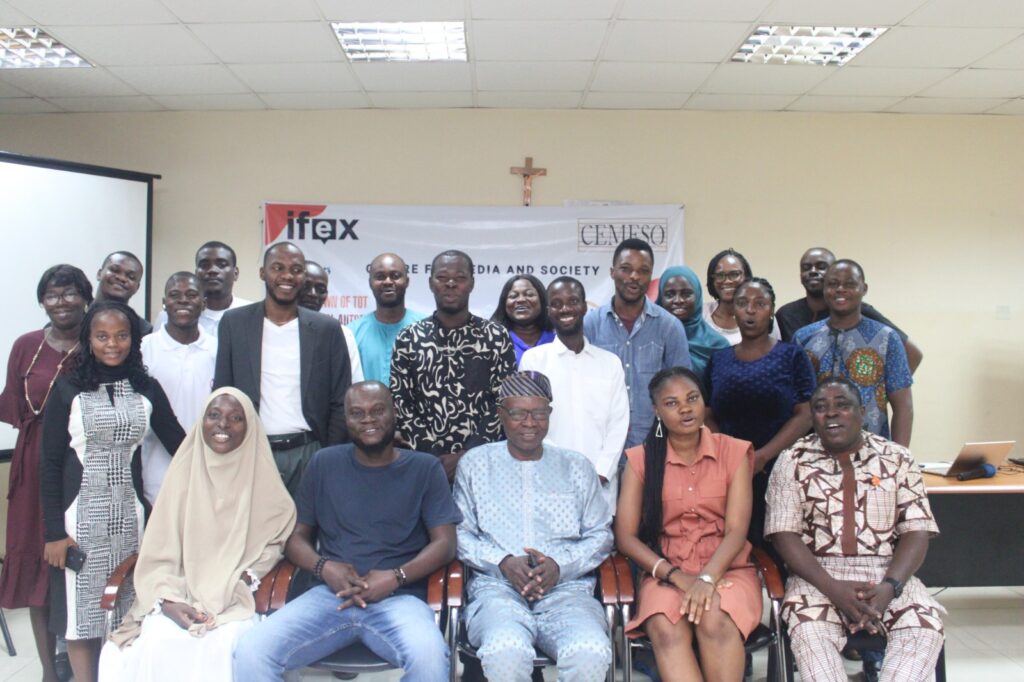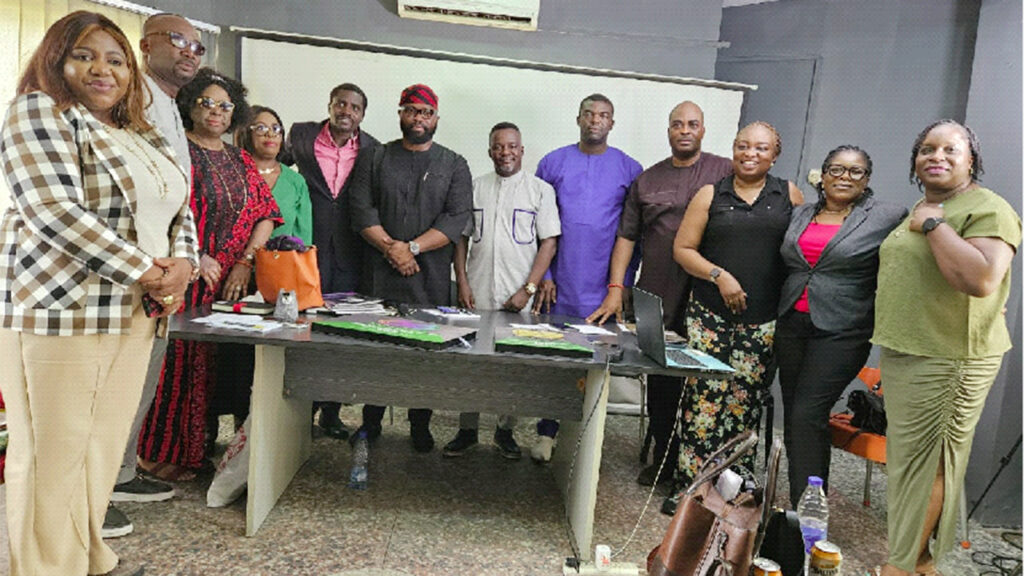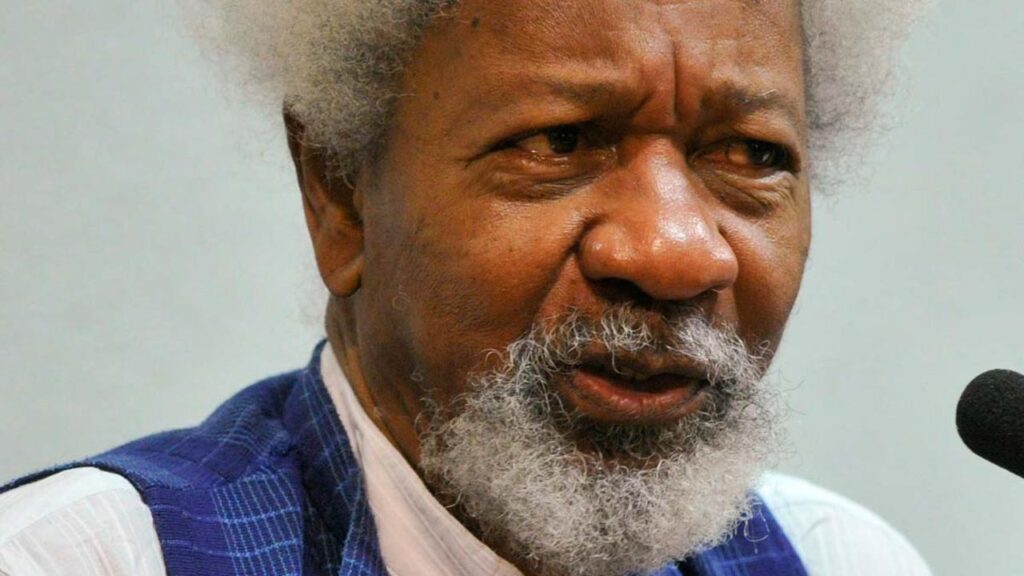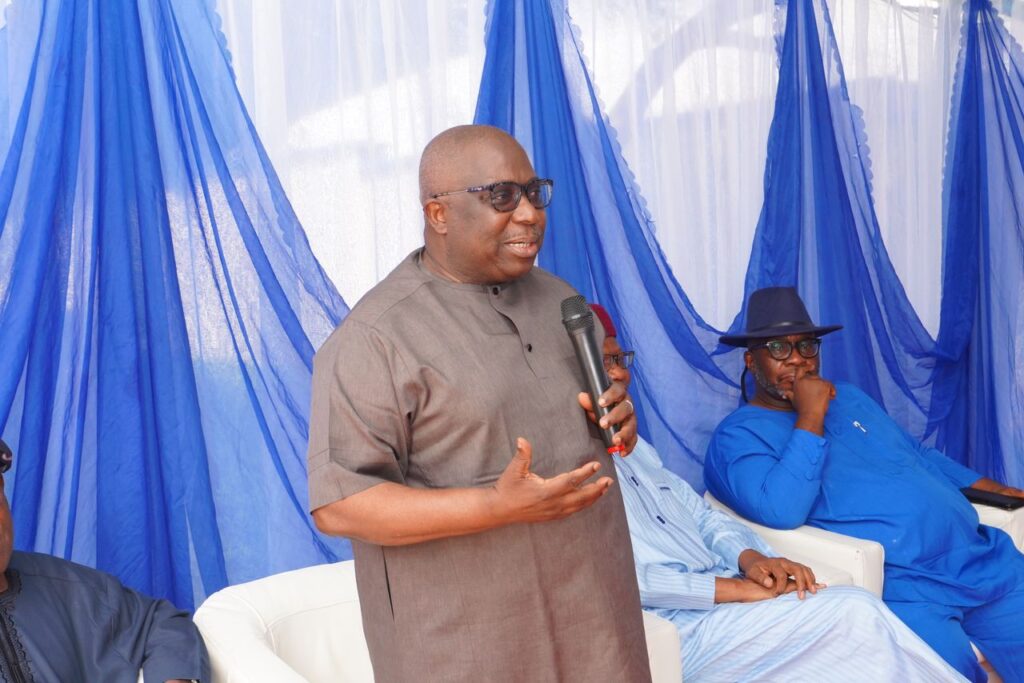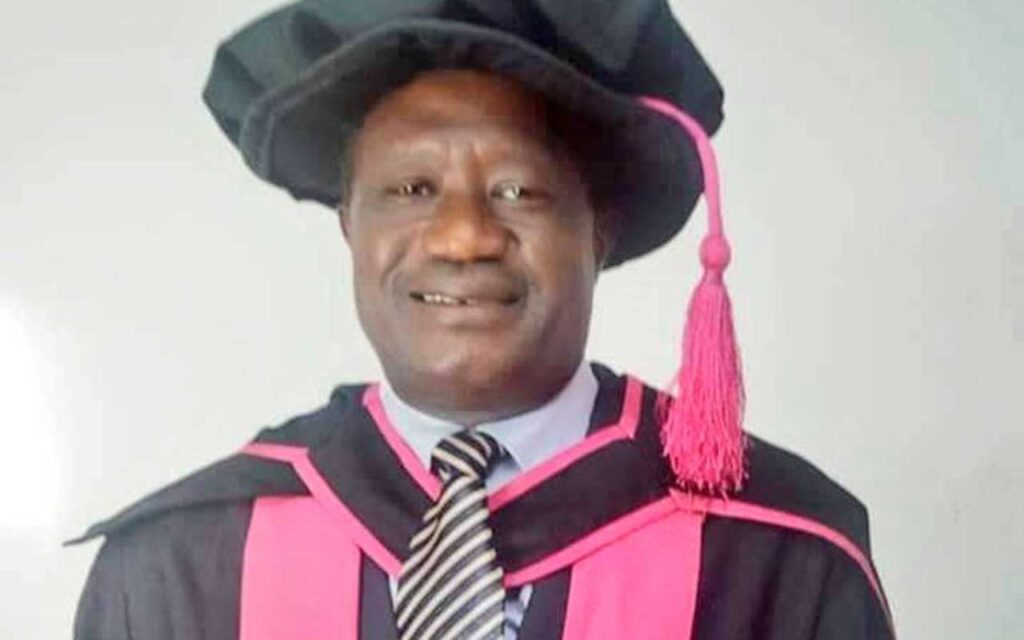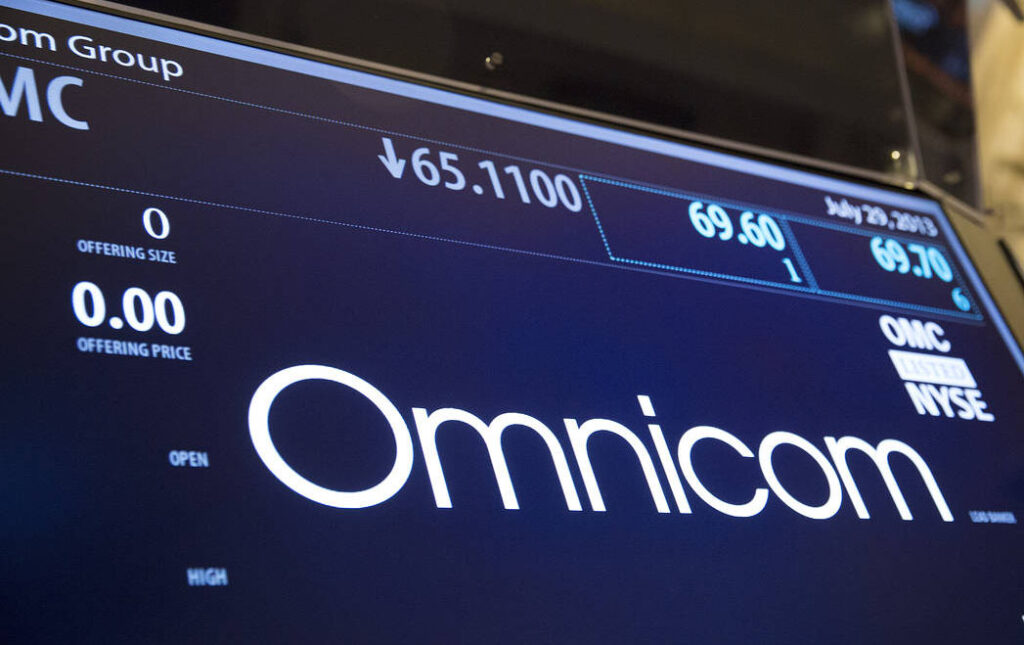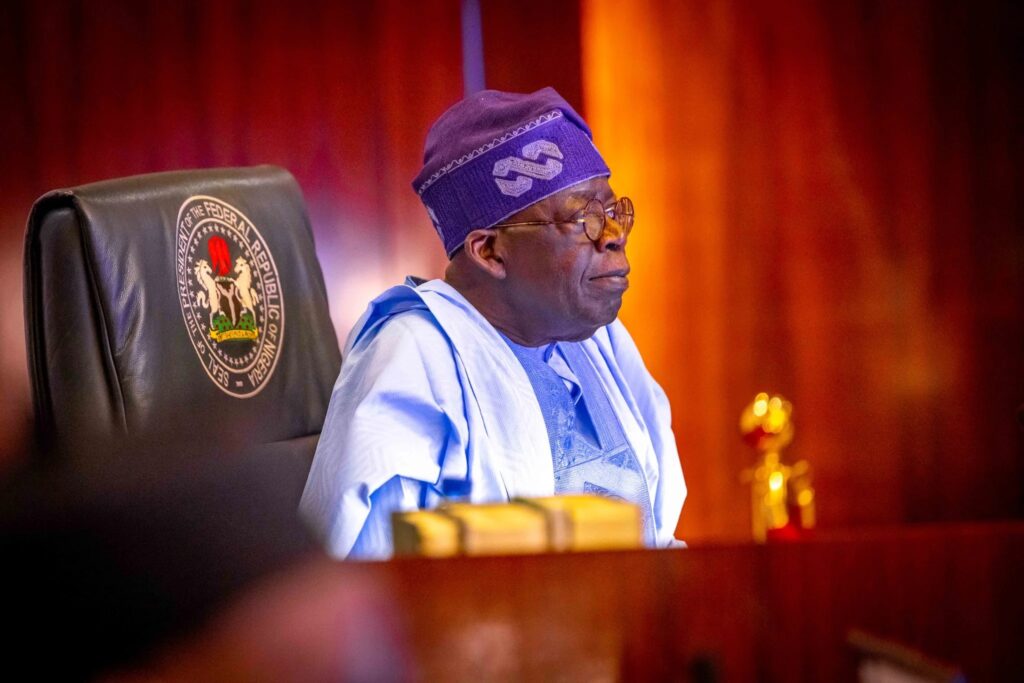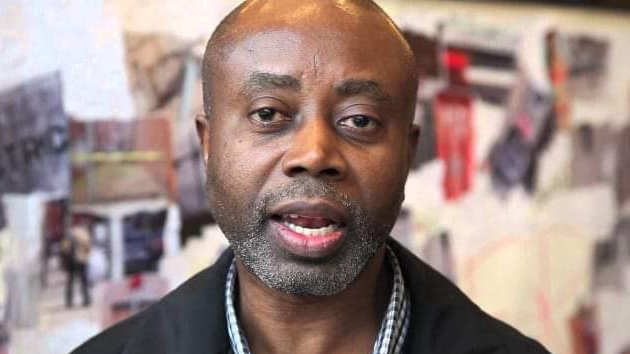Appreciating media’s social responsibility, some non-governmental organisations have taken it upon themselves to give back to the givers by training journalists on different fields to support their job.
Among such organisations that have embarked on this laudable gesture are Media Awareness and Justice Initiative (MAJI), Renevlyn Development Initiative (RDI), Corporate Accountability and Public Participation Africa (CAPPA) and Spaces for Change (S4C).
The most recent by MAJI was held at Excellence Hotel, Ogba, Ikeja. It was on the ‘Use of Data in Environmental Reporting’.
MAJI’s Project Officer for Governance and Environment, Ikechukwu Ahaka, at the workshop organised to train CSOs and journalists on collation and use of data in getting results.
“We are here for a workshop that speaks on using data in evidence-based resources for journalists and stakeholders such as CSOs that work on the environment as well. We have looked at it over the years. There are lots of data collected by journalists and CSOs that have piled up without being used.
“So, we can use this workshop to train them to use data in their stories. Overtime journalists collate data and at the end are not able to use them in their stories. Stories without details do not go far,” Ahaka said.
At the workshop, the participants affirmed that it was like a refresher course for them, as most of the topics discussed were what they had come across in school, in the line of duty or other trainings they had attended.
Similarly, RDI trained journalists on tobacco and data reporting, virtually, in which the Executive Director, Philip Jakpor, stated the importance of media in eliciting robust discourse that would ultimately translate into policy responses and actions.
For Jakpor, the indispensability of the media in tobacco control is exemplified in the amount of money the tobacco industry spends yearly to market its products using the media.
He recalled the Centre for Disease Control and Prevention revealing that in the United States (U.S.) alone, the amount the industry spent on visibility activities, including cigarette advertising and promotion, increased from $7.84 billion in 2020 to $8.06 billion in 2021.
“The Tobacco and Data Journalism Training is premised on the need for more robust and educative reports on tobacco control in the media. For too long, reports on this subject in the indigenous media have been limited to statistics about tobacco-induced deaths from the World Health Organisation (WHO) and scanty national data. But there are also other interlinking issues from which we can also obtain data that are unfortunately mostly un-reported or under-reported.
“We must not forget that policy-makers rely on what they read or hear or watch to be able to make laws that are rooted in facts. The task of ensuring that the right information gets to them is shouldered by the media,” he stated.
Also speaking, media strategist, Vanessa Adie, said using data to make tobacco stories were very relevant, noting that data adds credibility and strength to a story.
Research analyst of International Food Policy Research Institute (IFPRI), Austine Iraoya, also spoke on reporting tobacco taxation during the workshop.
At its workshop with the theme, ‘Safeguarding: Democracy: The Media and Role of Fact Checking in Peaceful Elections’, CAPPA charged media practitioners, including independent social media buffs, to verify any story before publishing or sharing to avoid spreading fake news.
Media experts, who participated in the webinar, agreed that rushing to the press without verification gives rise to the proliferation of fake news.
BBC Pidgin English presenter, Adesola Ikulajolu, described fact-checking as a process of critically authenticating a piece of information.
Ikulajolu said fact-checking gives journalists an edge above others in news accuracy, which curbs fake news dissemination.
According to him, though humans are subjective beings with personal biases, the bias should be suppressed during fact-checking.
“To be objective, be truthful to yourself first,” the international presenter added.
Publisher of BONews Service, Blessing Oladunjoye, in her presentation, entitled, ‘The media’s impact in the 2023 general elections and the misinformation challenge’ said misinformation or fake news “is a human rights issue” as far as elections are concerned, since voting is a fundamental right and the voter has the right to accurate information about parties and candidate to ensure a credible election.
Anchor of the webinar, Zikora Ibeh of CAPPA, said information consumers and other citizens also have roles in curbing misinformation.
Oladunjoye noted that any citizen, not only journalists, has the right to use the Freedom of Information (FoI) law to verify information.
CAPPA had trained journalists and CSOs to join the campaign against Female Genital Mutilation (FGM), healthy leaving through salt and sugar reduction, among others. It also used the World Food Safety Day (WFSD) on June 7, 2024, to push its campaign on salt and sugar reduction.
Also, S4C, in partnership with Avocats Sans Frontières France and the Centre for Information, Technology, and Development (CITAD), convened a high-level technical session in Abuja. This event, under the European Union (EU)-funded e-Rights project, brought together over 25 digital rights experts from telecommunications companies, regulatory bodies, civil society, journalists, lawyers and the academia to rigorously analyse Nigeria’s existing legal framework on digital rights, aiming to develop a comprehensive policy guide for legislative considerations.
On the event, the Executive Director of S4C, Victoria Ibezim-Ohaeri, said, “as the digital landscape rapidly evolves, the need for effective regulatory mechanisms has become paramount. By scrutinising the current deficiencies within Nigeria’s digital legal frameworks, the expert opinions gathered will coalesce into a comprehensive policy guide.”

